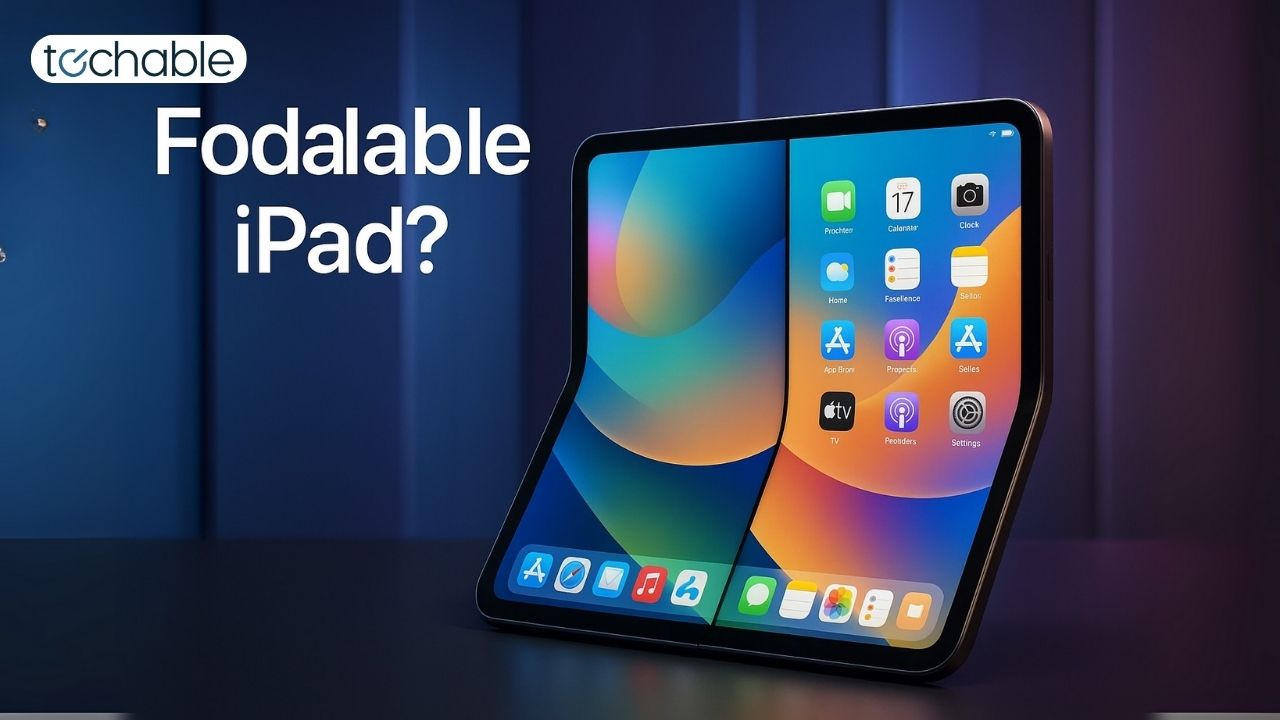Recently, Apple affirmed that iPadOS and macOS would remain distinct entities. Yet, intriguing clues and rumors suggest a foldable iPad could soon shake things up, potentially prompting Apple to reconsider its operating system strategy.
Understanding the Evolution: iPadOS vs. macOS
Apple introduced iPadOS to distinguish the iPad from traditional Mac devices, optimizing it for touch-based interaction and portability. Macs, by contrast, have always been positioned as productivity powerhouses with macOS designed specifically for keyboards, mice, and robust multitasking.
However, the rumored introduction of a foldable iPad could challenge these boundaries. Such a device could fluidly transform from tablet to laptop mode, prompting reconsideration of separate operating systems.
Why a Unified OS Makes Sense
Streamlined App Development
A unified operating system would simplify app creation, allowing developers to build applications that run seamlessly across all Apple devices—tablets, laptops, and hybrids.
Enhanced User Experience
Consistent UI/UX across devices would significantly reduce the learning curve and provide a cohesive user experience when transitioning between different Apple products.
Stronger Market Positioning
With competitors like Microsoft’s Surface line blurring device categories, Apple might also benefit from a unified OS to remain competitive without internal product cannibalization.
Real-World Benefits and Challenges
Potential Innovations
Combining operating systems could spark innovative hardware and software developments, unlocking new creative and productive possibilities.
Initial Challenges
Consumers might initially find a unified OS challenging to navigate, but long-term benefits include improved ecosystem harmony and efficiency.
Developer Advantages
Developers would appreciate the streamlined development process, eliminating the need to choose between optimizing for either iPadOS or macOS.
Expert Insights
While Apple officially denies merging its operating systems, the emergence of a foldable iPad could compel the tech giant to rethink this stance. Hybrid devices require versatile software capable of transitioning smoothly between touch and traditional interfaces.
Given the increasing popularity of foldable devices, adapting Apple’s OS strategy may become essential rather than optional.
The Bottom Line
The introduction of a foldable iPad will put Apple’s current OS strategy to the test. Unified operating systems could offer significant advantages in user experience, development simplicity, and market competitiveness.
Frequently Asked Questions (FAQs)
Q1: Is Apple officially merging iPadOS and macOS?
A: No, Apple has officially stated that iPadOS and macOS will remain separate for now.
Q2: What is a foldable iPad?
A: A rumored Apple device featuring a flexible display, enabling it to function both as a tablet and laptop, depending on its form factor.
Q3: Why would Apple consider a unified OS?
A: A unified OS simplifies app development, enhances user experience consistency, and strengthens market competitiveness.
Q4: How could consumers benefit from a unified OS?
A: Consumers could benefit from a seamless experience across devices, easier transitions between tablet and laptop modes, and simplified device management.
Q5: Are there drawbacks to merging operating systems?
A: Initially, users might face a learning curve. Additionally, optimizing a single OS for multiple device types could present design challenges.
Q6: How would developers benefit?
A: Developers would enjoy streamlined app development, creating one app version compatible across multiple device formats, reducing development time and costs.
Q7: When might Apple release a foldable iPad?
A: No official timeline has been announced, but industry speculation suggests it could be within the next few years.
Stay ahead of tech trends, deals, and insights:

0 Comments